Suchergebnisse für "Factsheet%3A Energietechnologien gestalten%2C die f%C3%BCr alle sinnvoll und nutzbar sind"
Energy-self-sufficient district Güssing
Development of a concept that shows the possibility of changing the energy supply of a district from fossil to 100% renewable energy carrier
Sanierung PRO!

The goal of the project is the development of a guideline, which supports builders and planners or consultants in the organization and monitoring of inhabitant integration into the reorganization processes of multi-storey housing.
International Conference on Solar Heating and Cooling for Buildings and Industry
4. - 7. November 2019
Santiago, Chile
The SHC Conference is a platform for the international solar and renewable energy community. Special emphasis lies on energy and buildings, solar heating and cooling, solar energy for industry, solar desalination and topics specific to the region.
ECBCS Newsletter Nr. 50 (2009)

Themen dieses Newsletters: 2020 Sea Change in Sight - Low Cost and Low Carbon Energy for the Netherlands; How to improve building performance, save energy and costs; New Guidebook "Efficient Artificial Lightning"; Integrating Emerging Low Exergy Approaches; Beitritt Chinas etc.
Englisch
New Communal Centre Ludesch

Community centre with multi-functional usage (cultural events, library, post office, bakery, grocery, daycare, private apartments, meeting point of the generations); role model for consistent implementation of ecological criteria in public tendering; plausible evidence of cost efficiency
Assessing And Planning Sustainable Strategies And Projects
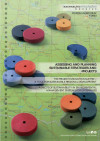
The Project Innovation Matrix - A Tool For Sustainable Regional Development Aspects Of Sustainability In Environmental Management Systems For Enterprises
Forschungsforum
1/2003
Herausgeber: BMVIT
Englisch, 6 Seiten
Downloads zur Publikation
4th generation district heating: implementation - First webinar (TS2)
17. June 2019
Online
Low temperature district heating installations are taking off. More than 100 installations have been identified across Europe. Join the TS2 team for their first results on how to implement low teperature district heating!
aspern Vienna´s Urban Lakeside - subproject 6a: Energy Consumption Monitoring
This subproject of the flagship project "aspern plus" derived the basis for a centralised monitoring of the energy consumption in Seestadt aspern.
Nachhaltiger Stadtteil "Aspern"
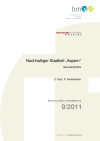
NACHASPERN
Schriftenreihe
09/2011
C. Nutz, P. Hinterkörner
Herausgeber: BMVIT
Deutsch, 39 Seiten
Downloads zur Publikation
AMFI Newsletter 2/2014
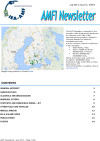
Herausgeber: International Energy Agency - Advanced Motor Fuels
Englisch, 20 Seiten
Downloads zur Publikation
AMFI Newsletter 4/2014
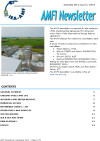
Herausgeber: International Energy Agency - Advanced Motor Fuels
Englisch, 15 Seiten
Downloads zur Publikation
AMFI Newsletter 3/2014
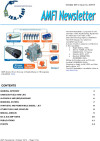
Herausgeber: International Energy Agency - Advanced Motor Fuels
Englisch, 14 Seiten
Downloads zur Publikation
World Energy Outlook 2014

Herausgeber: International Energy Agency (IEA), ©OECD/IEA 2014 World Energy Outlook, IEA Publishing
Englisch, 748 Seiten
IEA-4E Jahresbericht 2015
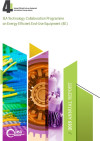
Herausgeber: IEA - 4E
Englisch, 39 Seiten
Downloads zur Publikation
IEA-GHG Overview 2012

Herausgeber: International Energy Agency - Greenhouse Gas R&D Programme
Englisch, 160 Seiten
Downloads zur Publikation
Technology Roadmap: Energystorage (2014)
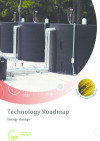
Herausgeber: International Energy Agency
Englisch, 64 Seiten
Downloads zur Publikation
Baustelle Schule
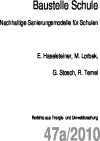
Nachhaltige Sanierungsmodelle für Schulen
Schriftenreihe
47a/2010
E. Haselsteiner, M. Lorbek, G. Stosch, R. Temel
Herausgeber: BMVIT
Deutsch, 340 Seiten
Downloads zur Publikation
Energieautarkes Plusenergie-Dienstleistungsgebäude oh456
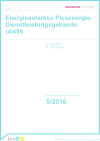
Schriftenreihe
5/2016
S. Speigner, R. Setznagel
Herausgeber: BMVIT
Deutsch, 36 Seiten
Downloads zur Publikation
Biogas-Netzeinspeisung In Österreich
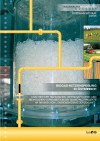
2/2006
Herausgeber: BMVIT
Deutsch, 6 Seiten
Downloads zur Publikation
Sanierungshandbuch für Baumeister - Seminarunterlage
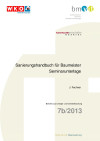
07b/2013
J. Fechner
Herausgeber: BMVIT
Deutsch, 45 Seiten
